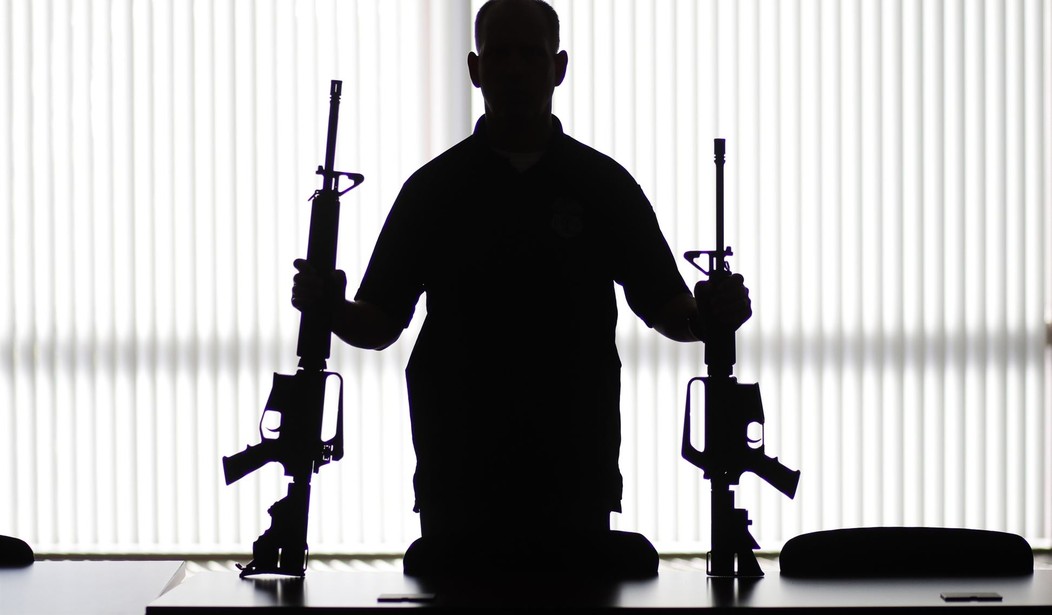I’ve written more about so-called ghost guns than I ever wanted to. Mostly, though, it involves pointing out all the reasons why the issue isn’t as big of a thing as the media and politicians want to make it out to be.
Yet the perception that these unserialized firearms represent a problem persists and has been fully embraced by a number of anti-gun states. One such state is Connecticut.
In fact, now the state’s attorney general is filing a lawsuit about them.
Seeking to crack down on gun violence, state attorney general William Tong filed a lawsuit Tuesday against four out-of-state manufacturers for shipping ghost gun parts to Connecticut.
Tong filed the civil suit against two manufacturers from Florida and one each from Utah and North Carolina after all four companies shipped the parts to an undercover investigator working for the attorney general’s office, he said.
During a press conference Tuesday, Tong displayed some of the parts that had been shipped to Connecticut, where ghost guns have been banned since October 2019.
“Ghost guns are unserialized, untraceable, unregistered, fully functional, in most cases fully automatic firearms that one can make at home,” Tong told reporters in Hartford. “These are guns that put Connecticut families, residents and law enforcement at risk because we can’t trace them. … They’re a menace.”
Except that tracing doesn’t prevent criminal acts of violence and never has.
Tracing is a process to find where a gun comes from after the fact. It’s completely useless as a tool for prevention, except maybe to ascertain whether someone is making straw buys.
Further, Tong knows damn good and well that so-called ghost guns only account for a tiny fraction of guns used by criminals. He also knows that if a bad guy wants a gun, he’s going to get one. Whether it’s a “ghost gun” or a more traditionally manufactured firearm, it’s still a gun.
So why focus on these particular guns?
That’s easy. He’s focusing on them because they’re scary. You see, Tong may genuinely want to address violent crime in his state. He may not. However, by focusing on “ghost guns,” he can signal to voters that he’s doing something.
The media has made unserialized firearms a big boogieman, often reporting how their use is “growing” or “soaring,” but providing little context that tells people that this isn’t the lion’s share of firearms used by criminals by any stretch of the imagination.
So people are freaked out. Enter Tong and his lawsuit, which looks like it’s an effort to address this horrible wrong.
I’d like to remind people in Connecticut, however, that criminals had no real difficulty getting guns before “ghost guns” were so readily available. No, unserialized firearms aren’t the problem and never have been.
But people like Tong aren’t worried about solutions. They’re worried about appearing to care about solutions so they don’t get voted out come the next election.
And none of this gets into the fact that I’m doubtful any of the vendors knowingly shipped anything to Connecticut while also knowing it was illegal for them to do so.
I could be wrong there, but I’m not wrong about them being a non-issue in the grand scheme of things.








Join the conversation as a VIP Member